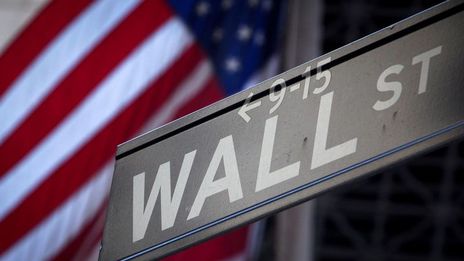The move by Washington are set to ratchet up the pressure on Venezuela's socialist President Nicolas Maduro and will effectively prevent investors who operate in the United States from buying PDVSA bonds.
"Most dealers are restricted from trading PDVSA now," said Pala Asset Management's David Nietlispach, adding that bond trading systems were now showing virtually no pricing for PDVSA debt, compared to at least 20 being available normally.
A spokeswoman for Barclays, one of the big European banks said to have halted its PDVSA dealing, would not comment on messages from its fixed income desk informing clients of its decision.
Peter Kisler, an emerging market portfolio manager at North Asset Manager, said most of the banks had stopped market-making to give compliance departments time to go through the details of the U.S. sanctions.
A fund manager at one major bank who requested anonymity added: "We have asked for runs (quotes) to see where the market is opening and all we are hearing in unison from the street is that 'we are not allowed to trade them until further notice'".
"We heard this from all the major counter parties that have a Venezuela trading desk – JP Morgan, Bank of America, Morgan Stanley."
SANCTIONS
Washington officials had said on Monday that the sanctions were intended to prevent Maduro's government from siphoning off funds from the oil company to maintain his grip on power.
There were some nuances in terms of timing of sanctions and how PDVSA's U.S. refining offshoot CITGO would be impacted, but investors were gradually digesting the various permutations.
Torino Economics said in a note that one of the reasons for banning the buying and selling of PDVSA's bonds on the secondary market was to "strengthen the hand" of Venezuelan opposition leader Juan Guaido in any future debt restructuring.
"The logic of this reasoning is that the larger the haircuts for bondholders, the less funds will the U.S. (either directly or through international financial institutions) have to provide for Venezuela’s reconstruction," Torino's chief economist Francisco Rodriguez said.
Bond markets were also on alert for any sign that JP Morgan might review Venezuela's and PDVSA's place in the bank's 'Emerging Markets Bond Index Global Diversified', which fund managers track and use as the main benchmark for performance.
The surge in Venezuela's bonds this year, as the U.S. pressure has mounted on Maduro, has been a boon for those holding the paper. However, those who don't have missed out on one of the top gainers in the EMBI global diversified.
A JP Morgan index spokesman declined to comment on any possible changes in terms of Venezuela.
PDVSA bonds were down as much as 1.25 cents in early U.S. trading on Tuesday.
(Editing by William Maclean and Gareth Jones)
By Marc Jones and Karin Strohecker






















